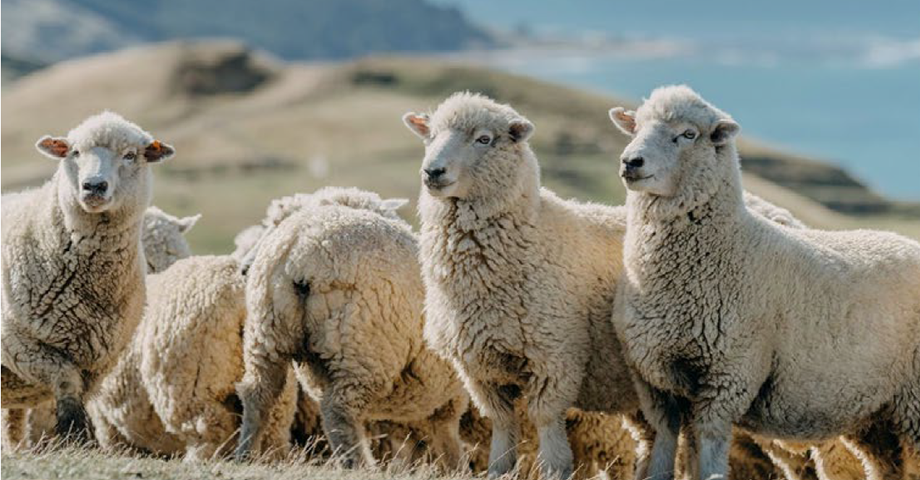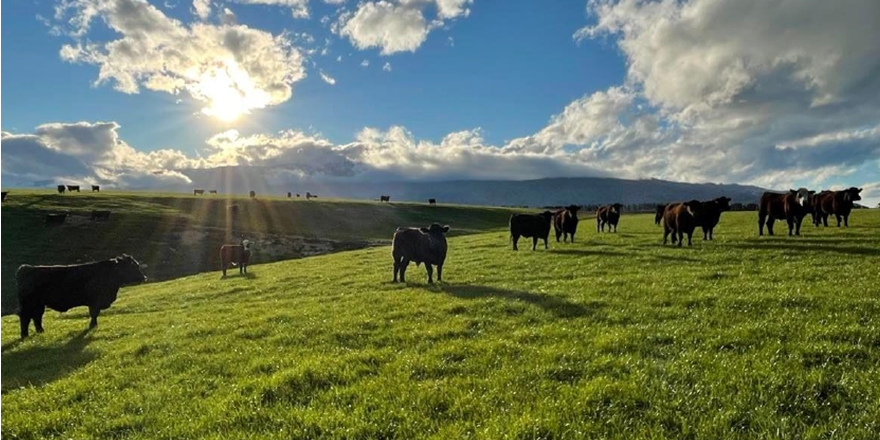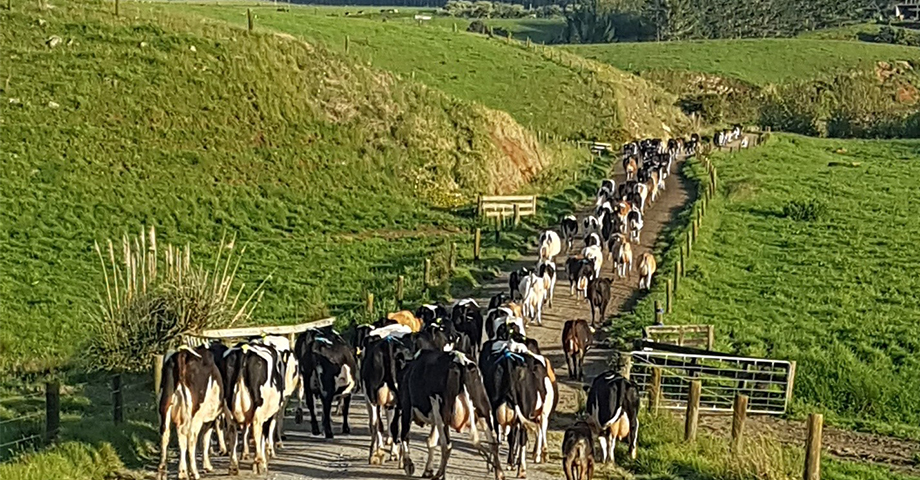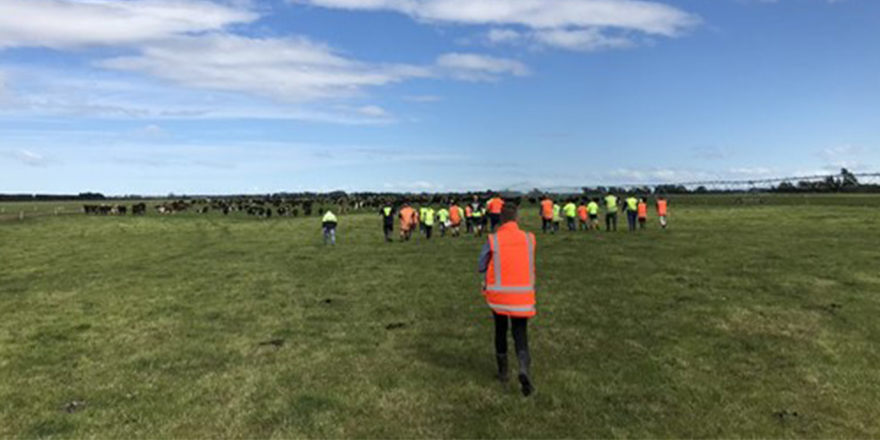Executive summary
New Zealand’s animal genetics industry started when two sheep were imported, and they both died within four days, (NZ Rural Press Ltd, 2007). Since then, with the expertise of passionate breeders, scientists, farmers and advisers it is has significantly expanded and will continue to do so. By 2021, animal genetics is expected to be a USA$5.50 billion dollar industry, (PRNewswire, 2016). International markets especially, are taking advantages of the incredible advances in genetic technologies that enable increased efficiency in breeding genetically superior animals. In New Zealand, we must take advantage of the genetically superior stud stock that have been especially bred for our environment to allow farmers and the industry as a whole, to reach our production targets but do so in a sustainable way and with ‘value add’. To do this, we must insure that the ‘value’ of genetics is recognised by our New Zealand farmers as a significant player in the agricultural system.
The question was asked “is there a gap in the understanding of farmers, when it comes to their animal genetics?” and the answer was yes. This research attempts to understand why there is this gap by interviewing farmers, industry professionals and advisers. Farmer behaviour has been aligned with answers to the interviews and both the livestock in New Zealand, and New Zealand farmers have been described under the concept that their performance is a function of their genotype, or their goals and objectives, and the environment that they live in.
There is a range of performance of New Zealand farmers in their farm systems overall, but also in their understanding when it comes to genetics. Some reasons for this are more obvious, like the fact that you can’t “see” genetics, which makes it difficult to comprehend, or the fact that there is actually no pipeline for delivering simple and aligned genetic information out to the commercial sector. The not so obvious reasons can be understood by further analysing the goals and objectives of farmers, but also the social pressures that they face when striving to be a ‘good’ farmer. An animal is more likely to be judged by the way it looks, compared to its genetic potential, which will be a direct indication of how good of a farmer the owner is.
Recommendations have been made to the industry, to the advisers and to the farmers. There needs to be collaboration across the genetics “players” to provide breeders and commercial farmers with quality information that is transparent and has integrity. Farmer objectives need to be better understood, so solutions can be tailored and aligned. Both farmers and their advisers need to be more critically aware about animal genetics, in terms of what they are buying and where they are buying it from. The story of animal genetics needs to be told and it is performance that needs to be made trendy.
In order to understand, and appreciate the value of their livestock genetics, commercial farmers need to be individually understood, and they need to be empowered with the information to make a decision, which fits their individual objective.
Johanna Scott



